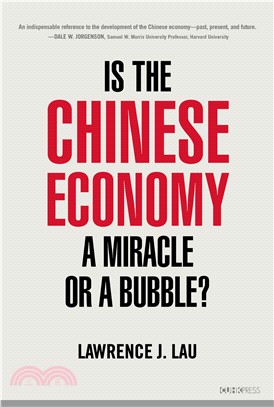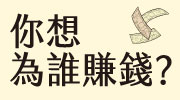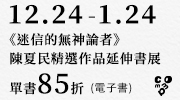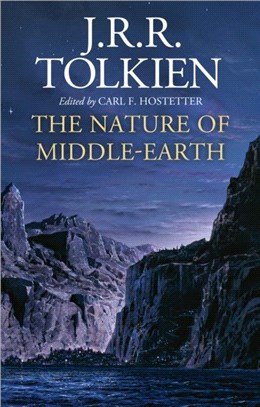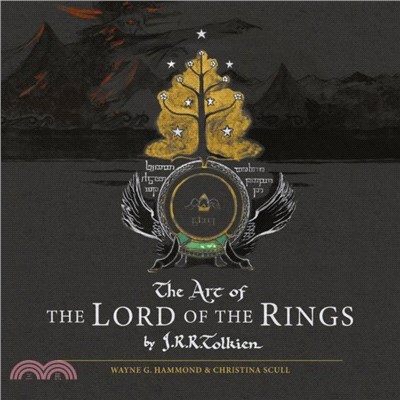Is the Chinese Economy a Miracle or a Bubble?
商品資訊
ISBN13:9789882370951
出版社:香港中文大學出版社
作者:Lawrence J. Lau
出版日:2024/06/01
裝訂/頁數:精裝/516頁
規格:22.9cm*15.2cm*3.2cm (高/寬/厚)
商品簡介
An indispensable reference to the development of the Chinese economy—past, present, and future.
—DALE W. JORGENSON, Samuel W. Morris University Professor, Harvard University
Since China undertook economic reform and opened its economy to the world in the late 1970s, its economy has been growing at an average annual rate of over 9 percent for more than four decades. No other economy in recorded history has grown at such a high rate and for such a long period as China has done. The questions that naturally arise are: Was the Chinese economy a miracle? Or was it a mere bubble? Will the Chinese economy begin to stagnate like the Japanese economy did in the 1990s, and perhaps decline? Will it be able to escape the “middle-income trap”? If it is not a miracle, can the Chinese development experience be replicated elsewhere?
This book provides a comprehensive and detailed discussion of the remarkable growth of the Chinese economy over the past decades, by scrutinising the sources of economic growth, and evaluating
the strategies adopted by the Chinese government to promote the transition from a centrally-planned economy to a market-based economy by means of the “dual-track” approach. It is argued that, while the Chinese economy is unique and exceptional in many ways, its development experience can be explained and attributed.
-------------------------------------------------------------------------------------------------------------------------------
A comprehensive and detailed discussion of the remarkable growth of the Chinese economy at nearly double-digit rates in the four decades since the reforms of Deng Xiaoping in 1978. This volume will be an indispensable reference to the development of the Chinese economy—past, present, and future.
—Dale W. Jorgenson
Samuel W. Morris University Professor, Harvard University
Lawrence Lau’s discussion and economic reasoning with regard to the economic development of China dispels the view that the Chinese economic development since the opening up in the late 1970s was bubble. I found his reasoning fascinating and his arguments that other countries can replicate the Chinese experience to facilitate their own development sound and well-reasoned. This book will be read and discussed by scholars and practitioners interested in a better understanding of the road to economic development.
—Myron Scholes
Nobel Laureate in Economic Sciences (1997)
Professor Emeritus, Stanford University
The essays in this book present a rich and informed analysis of China’s long-run economic development. They provide a unique insight into the Chinese economy at a crucial point in the country’s development. The essays have deep analytical weight, reflecting Lawrence Lau’s outstanding contribution to economic thought and policy formation in China.
—Peter Nolan
Founding Director, Centre of Development Studies, University of Cambridge
This is a great and well-researched book. As a distinguished scholar and renowned adviser to Chinese economic policymakers, Professor Lawrence Lau utilizes extensive data and economic models to evaluate the various sources of growth since China’s 1978 reforms from an innovative perspective. The book juxtaposes China’s experience with other East Asian economies, offering unique and deep insights into its distinctive development path. It’s essential reading for politicians, scholars, business leaders, investors, students, and anyone interested in understanding China better.
—Junsen Zhang
Dean and Distinguished University Professor, School of Economics, Zhejiang University
Fellow of the Econometric Society
作者簡介
Lawrence J. Lau received his B.S. degree (with Great Distinction) in Physics from Stanford University in 1964 and his M.A. and Ph.D. degrees in Economics from the University of California at Berkeley in 1966 and 1969 respectively. He joined the faculty of the Department of Economics at Stanford University in 1966, becoming Professor of Economics in 1976 and the first Kwoh-Ting Li Professor in Economic Development at Stanford University in 1992. From 1992 to 1996, he served as a Co-Director of the Asia-Pacific Research Center at
Stanford University, and from 1997 to 1999, as the Director of the Stanford Institute for Economic Policy Research. He became Kwoh-Ting Li Professor in Economic Development, Emeritus, upon his retirement from Stanford in 2006. From 2004 to 2010, Professor Lau served as Vice-Chancellor (President) of The Chinese University of Hong Kong. Since 2007, Professor Lau has been serving as Ralph and Claire Landau Professor of Economics at The Chinese University of Hong Kong. From September 2010 to September 2014, he served as Chairman of CIC International (Hong Kong) Co., Limited. He has authored numerous publications, including The China-U.S. Trade War and Future Economic Relations (2018).
目次
Foreword by Dale W. Jorgenson / ix
Preface / xi
Acknowledgments / xvii
Introduction / 1
Section I: Economic Growth: China and East Asia
Commentary / 18
1. The Sources of Economic Growth of the East Asian Newly Industrialised Countries / 27
2. The Sources of Asian Pacific Economic Growth / 65
3. How Much Slack Was There in the Chinese Economy Prior to Its Economic Reform of 1978? / 73
4. The Sources of Chinese Economic Growth since 1978 / 111
5. What Makes China Grow? / 135
6. The Great Transformation—East / 189
Section II: The Strategies of Economic Development: China and East Asia
Commentary / 216
7. The Role of Government in Economic Development: Some Observations from the Experience of China, Hong Kong, and Taiwan / 223
8. The Sky Isn’t Falling—The East Asian Currency Crisis (1997) / 263
9. Gain without Pain: Why Economic Reform in China Worked / 275
10. The Macroeconomy and Reform of the Banking Sector in China / 299
11. Reform without Losers: An Interpretation of China’s Dual-Track Approach to Transition / 329
12. The Chinese Economy: Myths and Realities / 355
Section III: The Chinese Economy in the New Era
Commentary / 386
13. The Sky Is Not Falling!—The China-U.S. Trade War (2018) / 389
14. Chinese Economy in the New Era / 425
15. Public Goods Provision and Chinese Economic Development / 449
16. The Prospects for the Chinese Economy in 2023 and Beyond / 483
Conclusion / 493
主題書展
更多書展今日66折
您曾經瀏覽過的商品
購物須知
無庫存之港版書籍,將需向海外調貨,平均作業時間約30個工作天,然不保證確定可調到貨,尚請見諒。
為了縮短等待時間,建議您將港書與一般繁體書籍分開下單,以獲得最快的取貨速度。
為了保護您的權益,「三民網路書店」提供會員七日商品鑑賞期(收到商品為起始日)。
若要辦理退貨,請在商品鑑賞期內寄回,且商品必須是全新狀態與完整包裝(商品、附件、發票、隨貨贈品等)否則恕不接受退貨。



